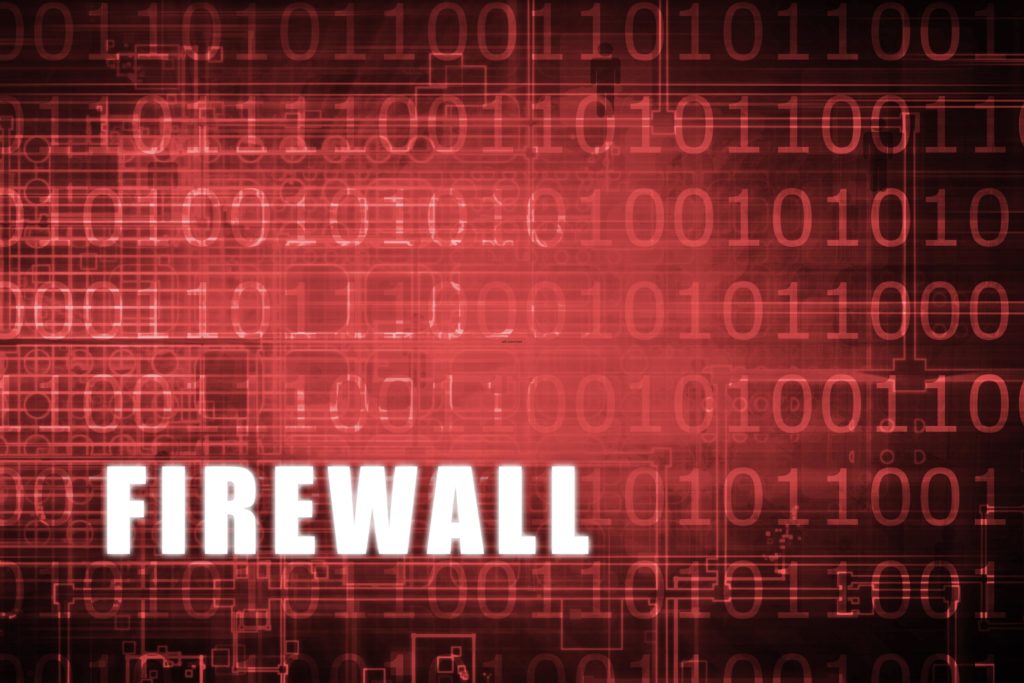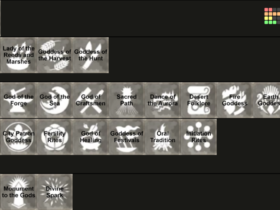A firewall is a network security system that monitors and controls the traffic between computer networks and user devices. There are two types of firewalls: Virtual Firewall and Physical Firewall. Virtual Firewall is software-based firewall, while Physical Firewall is hardware-based firewall. In this article, we will explore the pros and cons of both firewells in detail.

What is Virtual Firewall?
A Virtual Firewall is a software-based firewall that is installed on a Virtual Machine (VM). Virtualization is a technology that allows you to run multiple VMs on a single physical server. Each VM acts like its own computer, with its own operating system and applications.
Virtual firewalls are usually deploye within ” DMZ.” This stands for demilitarized zone, and it’s a part of the network that’s isolated from the rest of the network. The DMZ is where you would put servers that need to be accessible from the Internet, such as a web server or email server. By putting a virtual firewall in front of these servers, you can filter traffic and protect them from attack.
Virtual firewalls is usually utilize to segment networks. For example, you could have a virtual firewall between your development environment and your production environment. This would allow developers to access the development environment while preventing them from accessing the production environment. Segmenting networks like this can help to improve security and prevent accidents.
Pros of Virtual firewalls
1. Virtual firewalls can be deploy quickly and easily.
2. Virtual firewalls are flexible and can be used to segment networks.
3. Virtual firewalls are usually less expensive than physical firewalls.
4. Virtual firewalls can be deploye in a DMZ, which can improve security.
Cons of Virtual firewalls
1. Virtual firewalls can be complex to configure.
2. Virtual firewalls can be less reliable than physical firewalls.
3. Virtual firewalls can use more resources than physical firewalls.
4. Virtual firewalls can be difficult to troubleshoot.
More: What is Outsourced Cyber Security? Benefits & Risks
What is Physical Firewall?

A physical firewall is a hardware device that filters traffic based on a set of rules. It is typically install between the router and the rest of the network. Physical firewalls are utilize to protect both home and business networks.
Home users typically use them to protect their computers from attacks by malicious software, such as viruses and spyware. Businesses often use physical firewalls to segment their networks, which can help to prevent sensitive data from being access by unauthorized persons.
Physical firewalls can be used to control employee access to specific parts of the network. For example, an employee might be allowed to access the company’s email server but not the database server. By using a physical firewall, businesses can help to ensure that only authorized personnel have access to sensitive information.
Pros of Physical firewalls
1. They are more reliable than virtual firewalls.
2. They can be easier to configure than virtual firewalls.
3. They can be easier to troubleshoot than virtual firewalls.
4. They usually have more features than virtual firewalls
Cons of Physical firewalls
1. They can be more expensive than virtual firewalls.
2. They can be difficult to deploy.
3. They can be difficult to segment networks with.
4. They can use more resources than virtual firewalls.
More: Software Encryption vs. Hardware Encryption – Ultimate Guide
Final Thoughts

Virtual firewalls and physical firewalls both have their pros and cons. Virtual firewalls are easier to deploy and can be used to segment networks, while physical firewalls are more reliable and have more features. Ultimately, the decision of whether to use a firewall depends on the needs of the individual or business.











